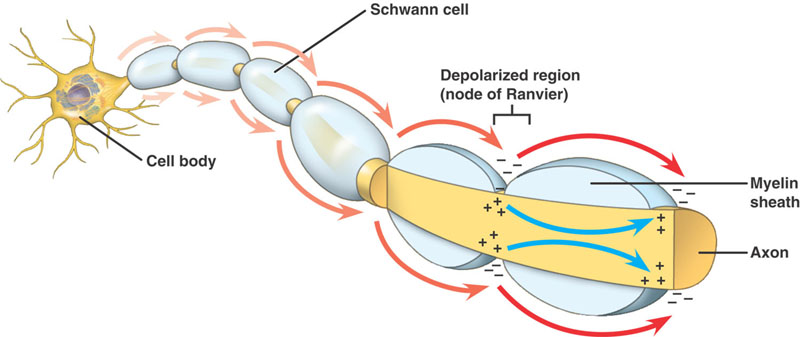ANIMAL PHYSIOLOGY S2 2025 HYBRID
Topic outline
-
- This course teaches the essential concepts of the physiology of the major functions, with a particular study of the main Nervous, Circulatory, Cardiovascular, Endocrine, Circulatory, Respiratory, Renal and Digestive systems, as well as the principles of BioEnergetics.
- This course teaches the essential concepts of the physiology of the major functions, with a particular study of the main Nervous, Circulatory, Cardiovascular, Endocrine, Circulatory, Respiratory, Renal and Digestive systems, as well as the principles of BioEnergetics.
-

University of Abou Bakr Belkaid Tlemcen
Faculty : Natural and Life Sciences and Earth and Universe
Department :Agrnomy
Lecturer : Dr Djahida HADJ MERABET
Email : djahida.hadjmerabet@univ-tlemcen.dz ; hadjmerabetd@gmail.com
Degree : FOOD SCIENCES 2nd year LicenseTeaching Unit : FundamentalCoefficient : 03Credits : 06Total lecturing hours: Semester 67H (COURSE PER WEAK (3h) + TP 1H30)Total Exercice hours: 12HAssessment : Exam (60%) + Continuous Assessment (40%)Availability: Laboratory of Ppubionut & OFFICE 09
Every Sunday From 9a.m to 11a.m
-

At the end of the module, in relation to the subjects covered, the student must be able to:
-Recall and recover previous information concerning the basics of Biology and Physiology ;
-Exchange relatively complex information,negociate, describe, express and support t their opinion*-Participate actively in classroom discussions and group activities related to biology and differents systems .
-Ask and answer questions
-

Students must already have
- Basics of Physiology , Biochemistry, Food biochemistry, Nutrition
- Basic understanding of the English language (Level B1) in terms of listening , reading comprehension, and writing
-
Human and Animal Physiology performs molecular physiological research and academic training focused on mechanistic understanding of energy metabolism in health and disease of humans and animals and how this can be targeted by specific nutrients to improve health.
-
Bioenergetics is a branch of biochemistry that analyses the flow of energy in living systems.
-
Each day's dietary requirements include a quantitative aspect of energy needs and a qualitative aspect corresponding to the variety and balance of what we eat.
-
-



:max_bytes(150000):strip_icc()/Neuron-5728bfaa5f9b589e34aa64b0.jpg)
